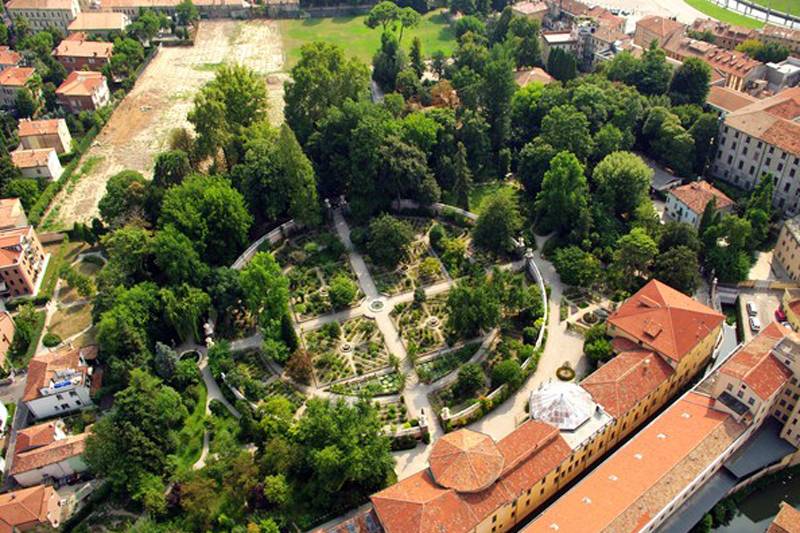
On the 17th September, the University of Padova Library Center organized a workshop entitled Third mission and Citizen science, new roles for Research Libraries on the way to Open Science.
The topic of the workshop, that was held in the Auditorium of the Botanical Garden, was the role of Academic Libraries in the framework of the Third mission and Citizen science to promote awareness and participation of libraries so that this dimension becomes part of the University library systems’ mission.
The Third mission, also defined as knowledge transfer, community service and third stream in English-speaking countries, has been important in Italian universities in contributing to society’s social, cultural and economic development and in creating interactions between academia and the territory. This dimension is expressed through a series of activities which are mainly related to the strategic areas of “Technology Transfer and Employment” and “Public Commitment and Valorisation of cultural heritage”. The so-called Citizen science, namely the activities and projects which involve citizen volunteers in the collection and analysis of data in collaboration with scientists and scientific institutions, is also included in the Third mission.
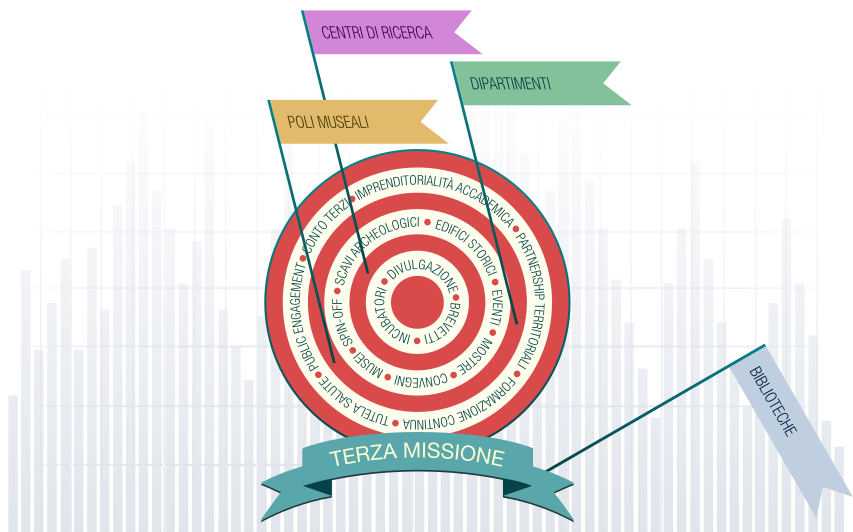
An interested audience of ca. 120 librarians, museum curators, archivists and experts in the cultural sector was engaged in the varied programme of interventions, with 12 speakers chaired by Paolo Budroni (University of Vienna, E-IRG Austrian National Delegate).
Speeches by Stefan Hanslik (Austrian Federal Ministry of Education, Science and Research), The European Open Science Cloud – the Austrian experience; Roberto Balzani (University of Bologna), Navigare alla cieca. La Terza Missione fra retorica pubblica, autorappresentazione accademica e innovazione culturale; Cristina Dondi (University of Oxford), Condividere con il pubblico il frutto della collaborazione internazionale delle biblioteche: Printing Revolution 1450-1500. I cinquant’anni che hanno cambiato l’Europa (Venezia, Museo Correr e Biblioteca Nazionale Marciana, 1 Settembre 2018 – 7 Gennaio 2019); Maurizio Vedaldi (University of Padova), Che ci azzeccano le biblioteche accademiche con la Terza missione?; Deborah Agostino (Politecnico Milano), È possibile misurare il contributo delle biblioteche alla terza missione? Evidenze dal progetto Good Practice and Giorgio Maria Di Nunzio (Associazione per l’Informatica Umanistica e le Culture Digitali – AIUCD), Le biblioteche (digitali) come strumento per la diffusione dei risultati della ricerca took place in the morning.
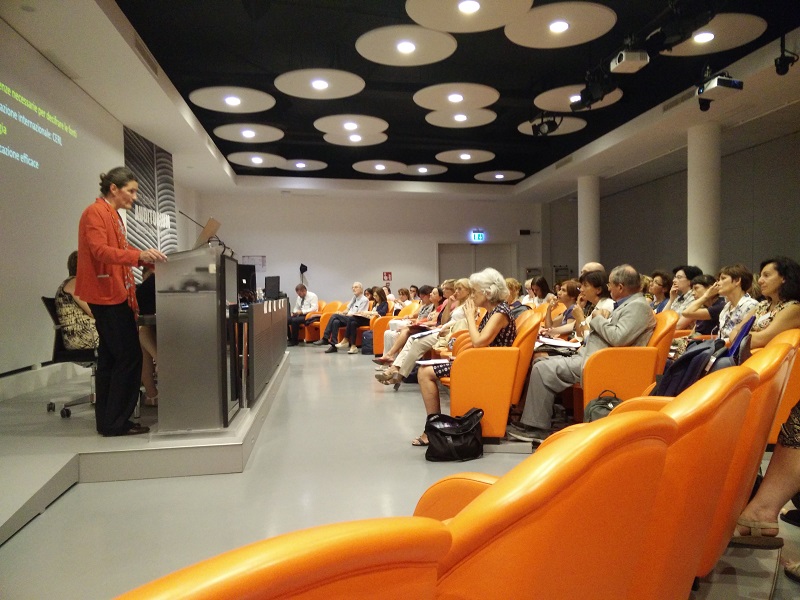
The presentations were followed by a session on comparing experiences which saw the participation of Serafina Spinelli (University Library System of Bologna), Biblioteche e terza missione. Le esperienze dell’Università di Bologna; Laura Vannucci (University Library System of Firenze), Il Sistema Bibliotecario dell’Ateneo di Firenze e la terza missione: il caso della mostra “Tesori inesplorati”; Caterina Fortarezza and Luana Varalta (University Library System of Milano), Philosophy and Children. Ricerca e laboratori per bambini in una biblioteca universitaria; Lorisa Andreoli (University Library System of Padova), Valorizzazione dei beni culturali e apertura al territorio. Il percorso del Sistema Bibliotecario dell’Ateneo di Padova; Adriana Magarotto (University Library System of Roma “La Sapienza”), Il patrimonio e le competenze delle biblioteche universitarie per la società. A round table of discussions and question and answer session concluded the workshop with final wrap up by the Chair.
Follow up information and videos of the event available at: http://bibliotecadigitale.cab.unipd.it/chi_siamo/i-progetti/new-roles-for-the-university-libraries-third-mission-and-citizen-science/new-roles-for-the-university-libraries-third-mission-and-citizen-science.-presentation_EN
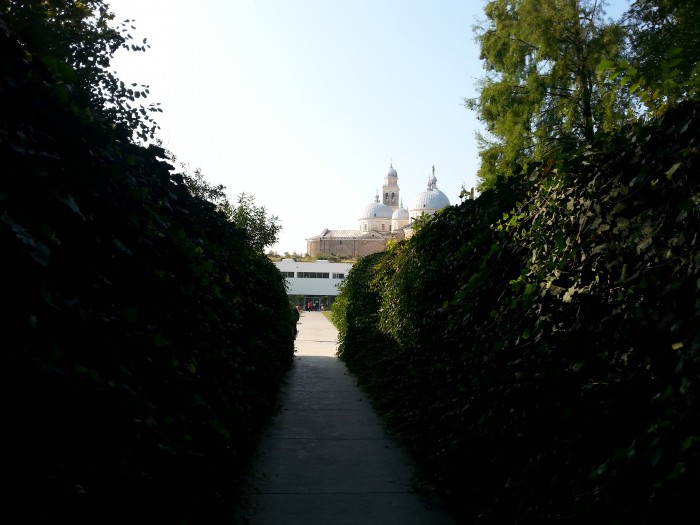


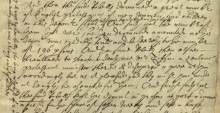

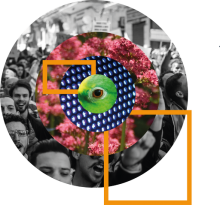
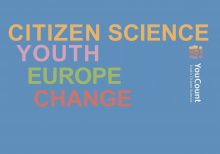
 If you have interesting news and events to point out in the field of digital cultural heritage, we are waiting for your contribution.
If you have interesting news and events to point out in the field of digital cultural heritage, we are waiting for your contribution.
























